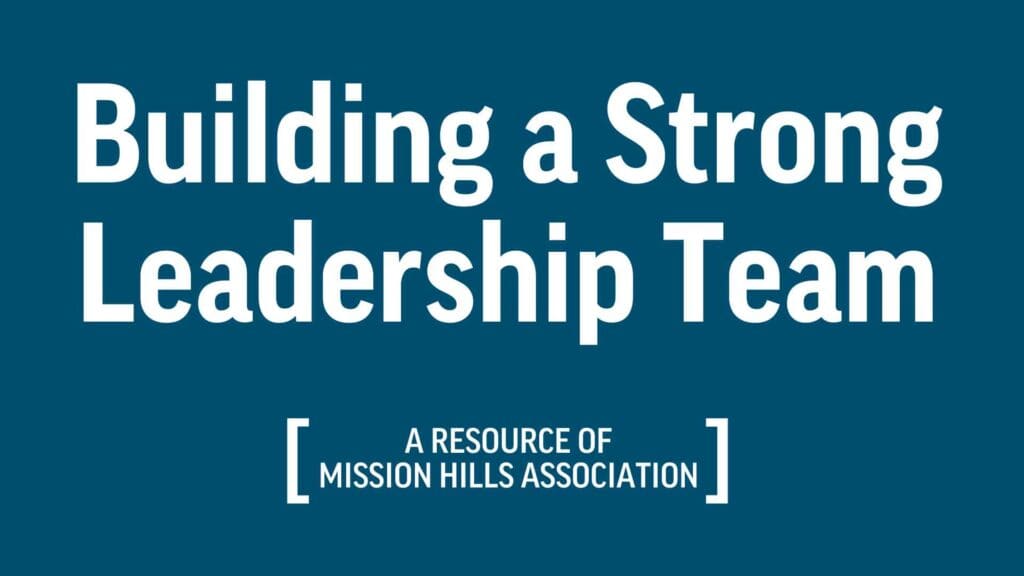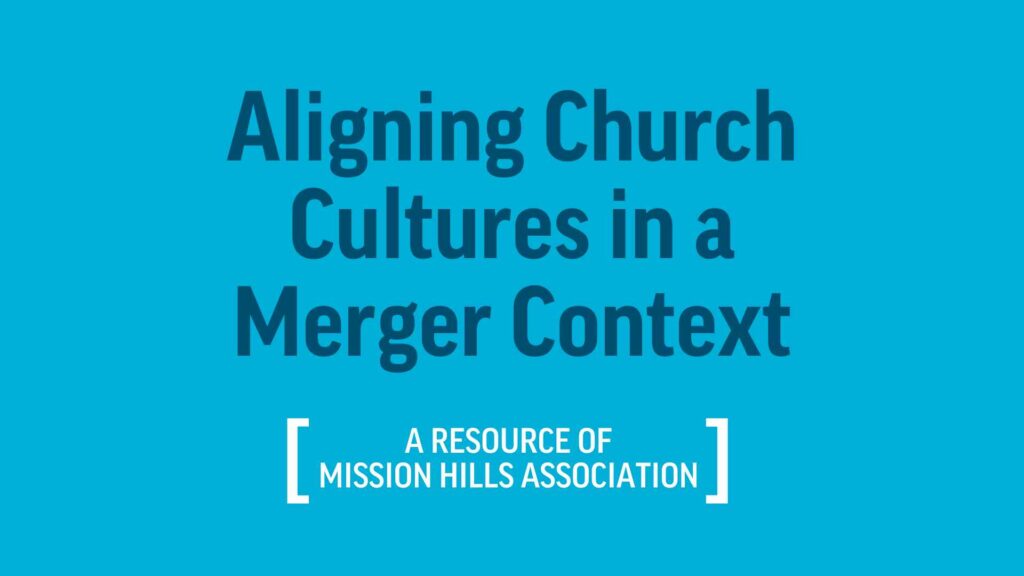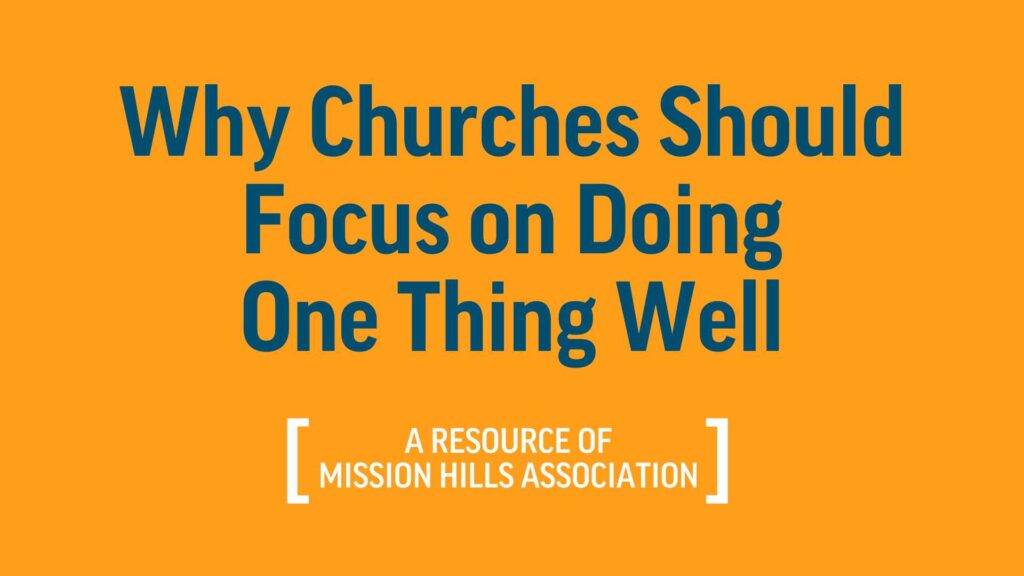
Why would a pastor need a cohort?
Pastor’s schedules are packed full of tending to the needs of their church – from studying and sermon preparation to decision making, relationship building, and facilitating leadership within the church. Depending on the size of the church and its staff, a pastor might also shoulder considerable administrative responsibilities.
A grounding belief for the Mission Hills Association is that healthy pastors make healthy churches. The difficulty is that while pastors are busy and often surrounded by so many people, their work contains a quality of inherent loneliness. The head pastor of a small church may have no connections to other pastors in their community.
The head pastor of a large church may have so much to carry that he can’t truly connect with his congregation.
How are pastors to remain healthy when their vocations place them in such a unique context?
This is not only the question MHA seeks to answer, but the solution we seek to provide. When exploring the greatest needs of pastors, the themes that continually arise can consistently be placed into two distinct categories:
1. Practical help
Resources for pastors and their congregations can be few and far between depending on their connections, budget, and the time they’re able to devote to learning a new skill or system. If your church is on the smaller side, you still need systems that will allow your church to thrive, but you may not have the staff in place to support the discovery and implementation of those systems. MHA wants to come alongside smaller churches seeking to advance the Kingdom by making resources (including people, equipment, training, etc.) readily available. We’re here to provide practical support that will enable pastors and their churches to do the work they’ve been called to.
2. Soul care
On the flip side, we don’t want pastors to gain practical resources and stop there. In a conversation with Mission Hills Elder Howard Stevenson, he shared that many MHA pastors begin their involvement a bit unsure of whether they can or should devote their time to a cohort with other pastors. But by the end of the cohort, they are willing and eager to make as much time as possible once they’ve experienced this new community. Soul care at MHA doesn’t mean replacing the community that pastors have in their own families or congregations, but rather equipping them to face unique challenges with support from other pastors.
How does this happen?
Practical help and soul care sound like a best-case scenario for pastors – but how does MHA get this done?
Intentional cohorts
Pastors initially become involved with MHA through a 6-month cohort that is crafted to allow them to make meaningful connections outside of their own church body. Two MHA coaches participate in this cohort with the pastors, providing continual guidance and support.
Ecumenical focus
Pastoring can be a competitive environment, especially when it comes to doctrinal differences. But MHA is seeking to cross those boundaries and expose pastors with significant differences to one another for the purpose of unity in the Gospel.
Region specificity
We solely serve pastors in the Front Range, which enables us to focus on specific local challenges and joys that every church in our region shares.
Discipleship mindset
MHA is not the end goal of community for pastors – but rather a foundational resource to continually equip pastors so that they can then multiply this impact within their own congregations.
The future of MHA is bright because of the pastors we get to serve and the resources we have to provide. We have a vision to expand the reach of Front Range churches, beginning with the pastors who lead them.




